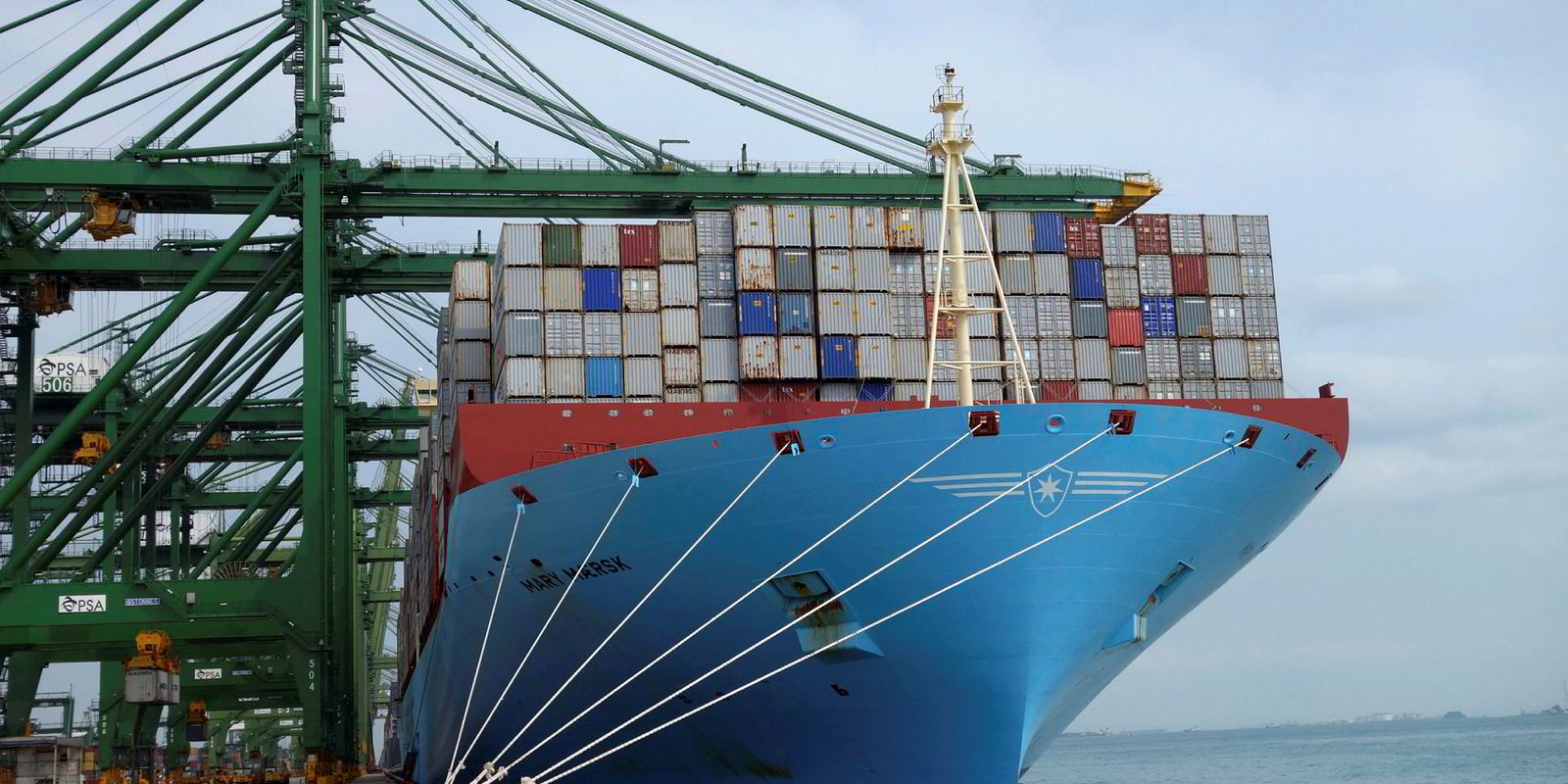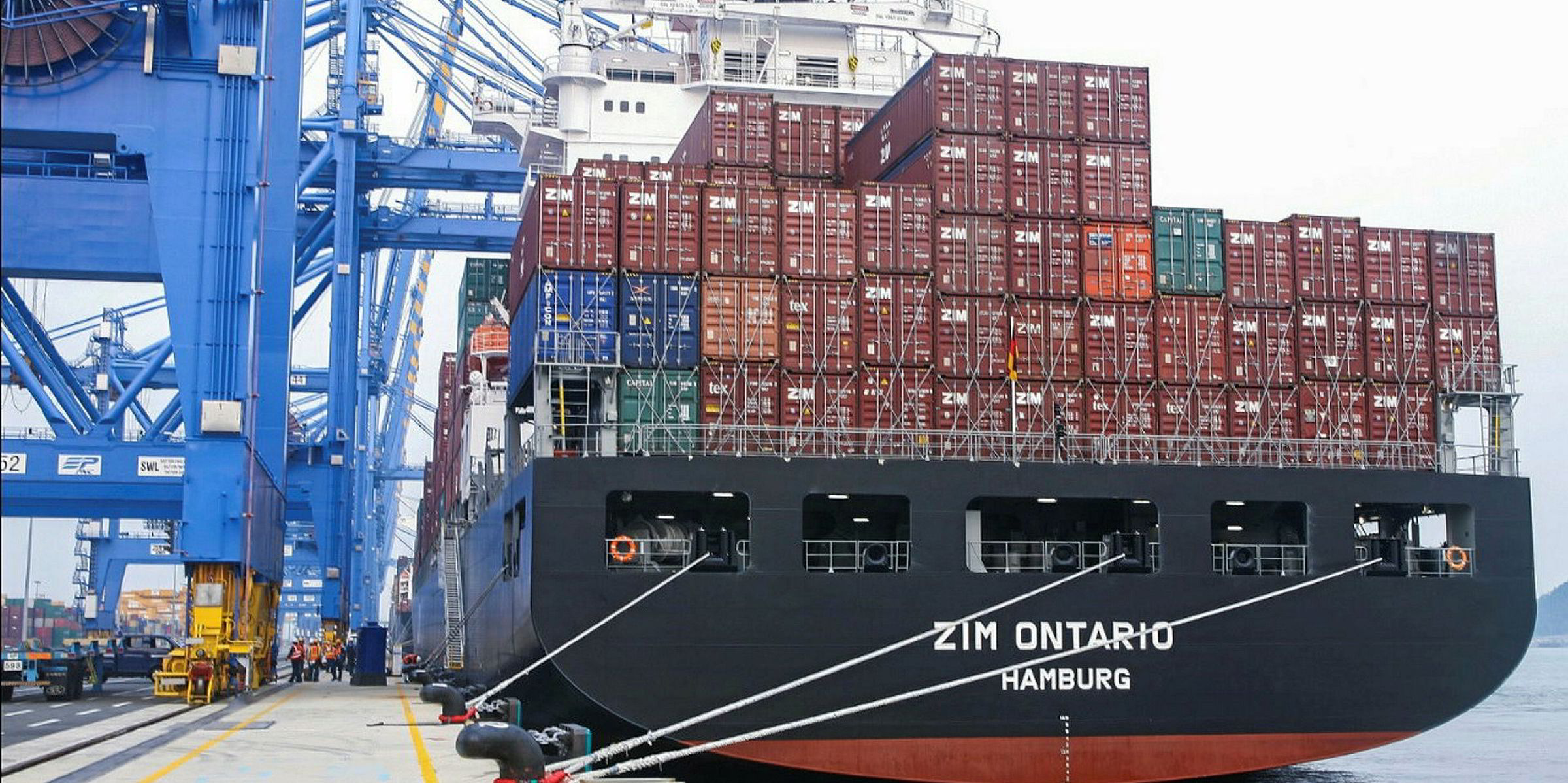Container lines could be forced into mergers by the costs of IMO 2020 legislation.
That is the view of shipping consultancy Drewry, which believes some financially vulnerable carriers may have no choice as the low-sulphur rules pile on more expenses.
Lines made a combined "small profit" in the region of $1.5bn in 2018, Drewry estimated.
"Without wanting to be too alarmist, there is the potential for IMO 2020 to inspire another major carrier bankruptcy and/or trigger more defensive M&A," Drewry said.
"It could turn out that the IMO will inadvertently push industry consolidation along, closer to where it needs to be in order to achieve sustainable profitability."
After deals involving Cosco, China Shipping, ONE, Maersk Line and others in recent years, the leading seven carriers now control approximately three quarters of the world’s containership fleet.
"However, while previous M&A has handed near-full control of the global market to a handful of lines, there is still varying degrees of competition at a trade-route level. Significantly, that is the case in some of the main large-volume and revenue generating East-West routes," Drewry said.
Most of the key East-West trades can be seen as falling into the “competitive” description, it added.
Fantasy mergers
The problem for carriers, it said, is that in competitive markets they are subject to the vagaries of supply and demand, which is often outside their control.
"Conversely, in a concentrated market with few rivals carriers do not seem to live or die by those fundamental economic principles so much," it said.
Drewry examined what it would take to move some of those key East-West trades out of the competitive zone and into new territory that might allow them to become price givers rather than takers.
It rates the possibility of takeovers among the top seven lines as "remote", mainly due to competition rules.
But it assumed that "fantasy" mergers took place between Hapag-Lloyd and CMA CGM, as well as Cosco and PIL, and between the Taiwanese lines, before modelling a pricing scenario.
The result suggested that even these moves would only give carriers a "modicum" of pricing power, but certainly not enough to be able to call the shots.
Drewry concluded: "Even if IMO 2020 does spur another round of industry consolidation, the chances are that there will still be enough carriers left to prevent the big trades from being highly concentrated.
"It will require a couple of highly unlikely mega M&As to really move the dial."





